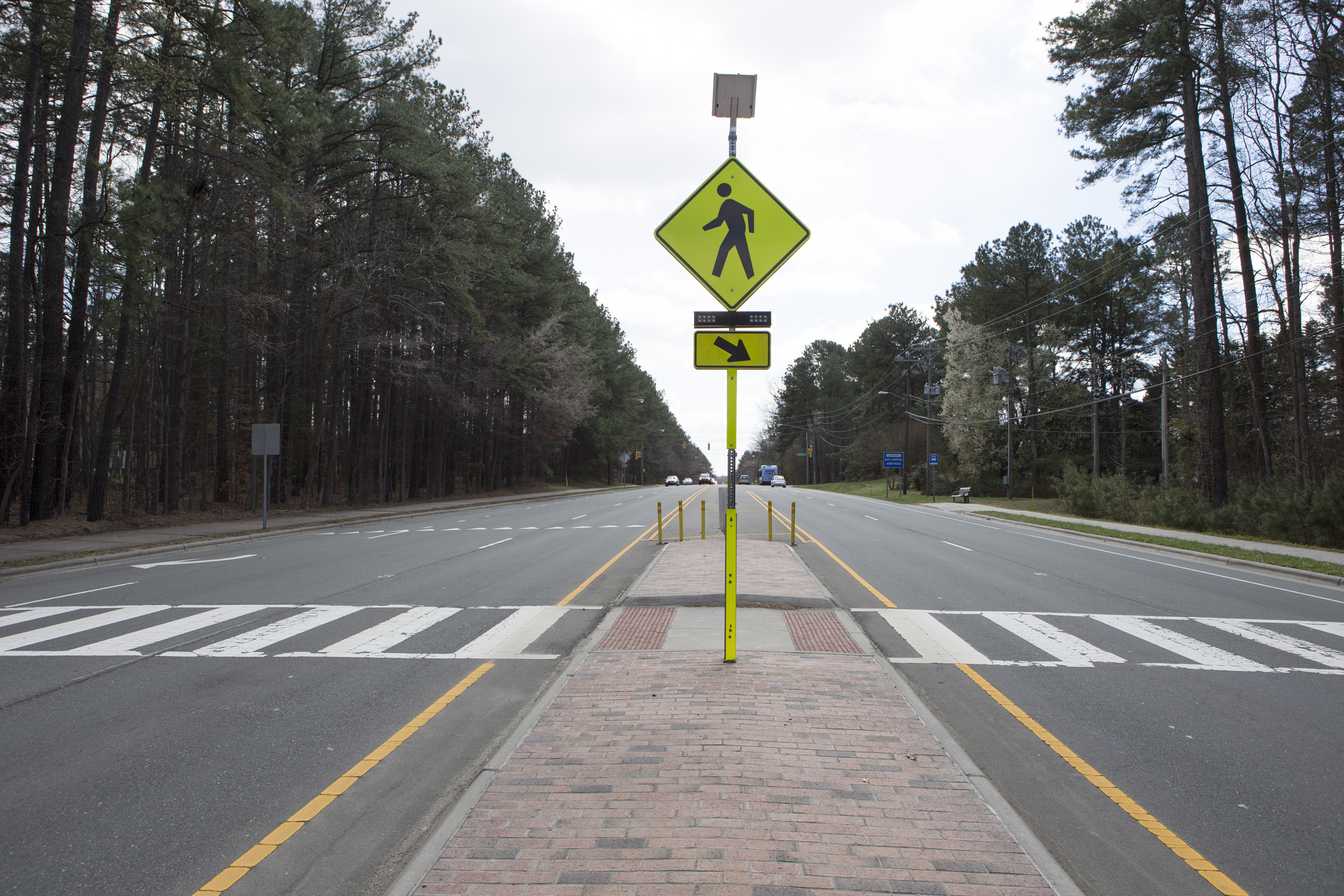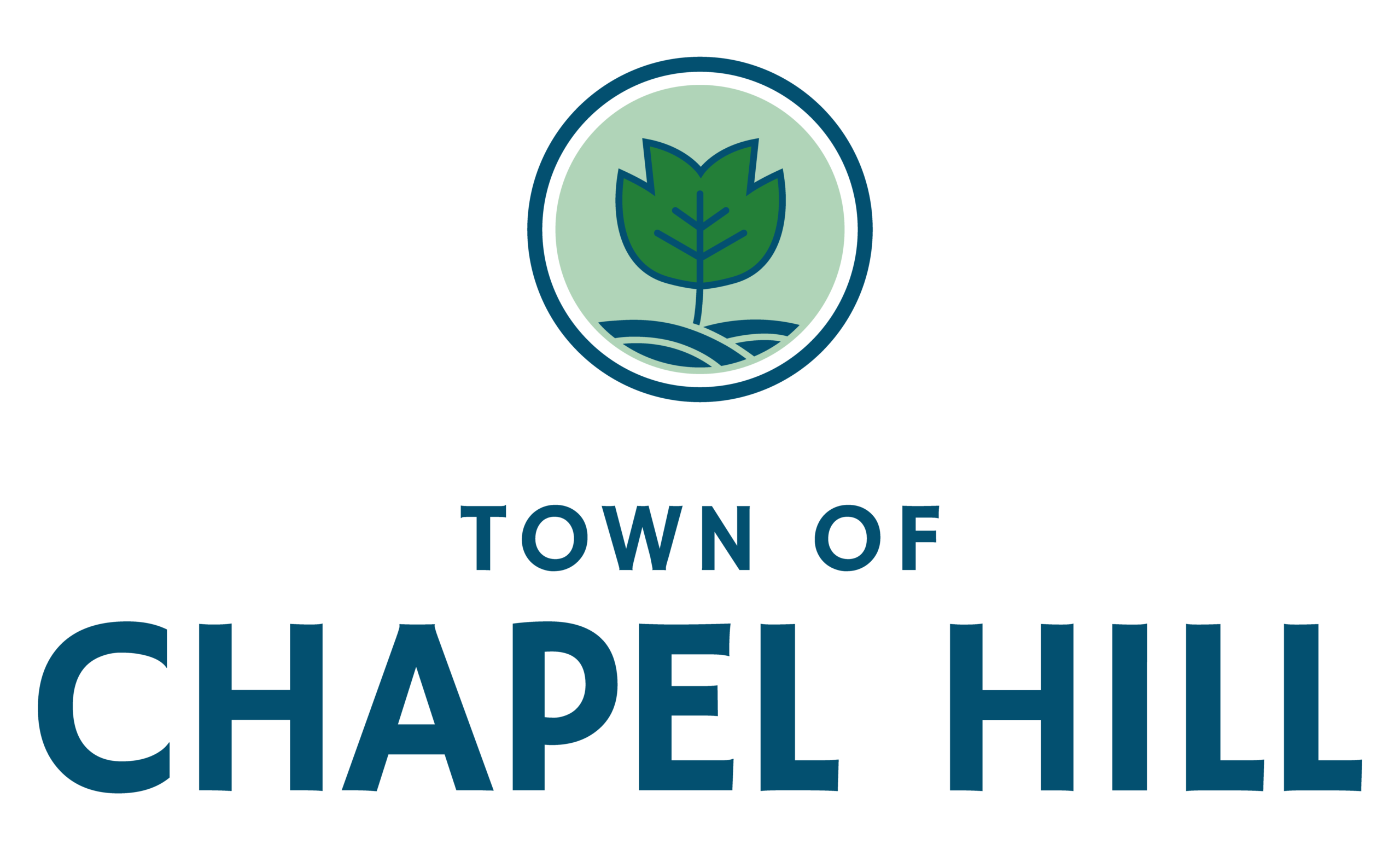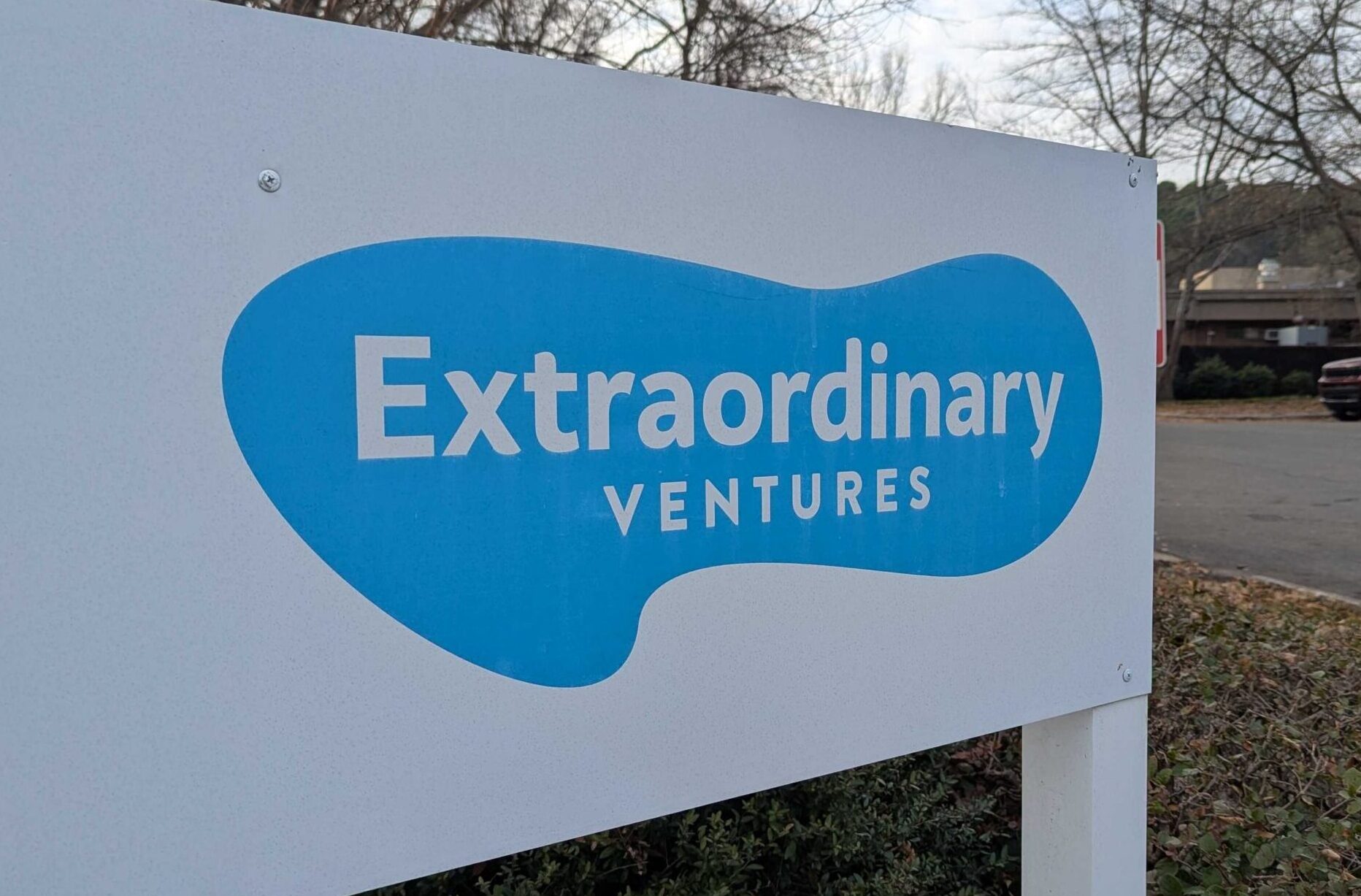Municipal elections will be decided at the ballot box Tuesday.
In Chapel Hill, there appears to be a clear delineation among residents – those voting for the incumbents and those voting for candidates backed by the Chapel Hill Alliance for a Livable Town, or CHALT.
Tom Henkel is one of the founders of CHALT. Henkel says the PAC is concerned about transparency and development decisions made by the current Council.
“We’re concerned about the recent level of development,” Henkel says. “We have got some major development projects going on all over town and there has been no, let’s say, ‘integrated planning’ in terms of the traffic impacts.”
Henkel adds these developments will be creating more storm-water runoff and CHALT is concerned with how that is being handled.
David Godschalk is a professor emeritus in city and regional planning at UNC who also served on the Town Council in the mid-80s. Godschalk, a supporter of the current Mayor and Town Council, was appointed to a nine-month term on the Town Council before being elected to a full term in 1985. He says he sees similarities in the elections separated by three decades.
“When there was considerable concern in Chapel Hill about growth and fear about the effect on quality of life and property values,” Godschalk recalls. “And a group called the Neighborhood Alliance played on that concern and ran their own slate for the Council.”
Godschalk was the only candidate elected to serve on the Council who was not backed by the Alliance.
“Several of their people had no experience in government but were committed to their agenda,” Godschalk says. “And I saw them basically change the course of development in Chapel Hill.”
Godschalk says as those Alliance-backed candidates were elected in 1985, major changes in town planning were implemented. The stalling of one project sticks in his mind.
“A project to revitalize downtown called ‘Rosemary Square’ that would’ve gone in behind the Post Office on Rosemary Street,” Goldschalk remembers. “A brilliant project that had actually won a competition that the town sponsored to see what to do with that property and had the approval of the previous Council.
“But the new Council, the Alliance group, was opposed to it and managed to derail it.”
Henkel says he is not concerned with the lack of political experience the CHALT-backed candidates hold. He points to the blog on town activities that candidate Nancy Oates has been running for years, and Henkel touts the academic expertise in research and public policy of town council candidates David Schwartz and Jessica Anderson.
Henkel says CHALT knows that growth is inevitable but the group is concerned over the type of development the town has approved.
“We believe that Chapel Hill will continue to grow,” Henkel says. “There will be development. We’d like to see more human-scale development. Most folks are pretty comfortable with, say, four-story buildings.”
Henkel says the current Council has gone against citizen input in certain development scenarios. But Godschalk argues that he believes the start of CHALT’s objection began with the Chapel Hill 2020 project.
“That planning process, that event, was the largest public participation we’d ever had in the Town of Chapel Hill,” Godschalk says. “Usually, we’ve had people come to public hearings and speak and serve on committees.
“But this really energized the town.”
Godschalk adds he believes CHALT is opposing pieces of the 2020 plan because the input was too widespread for those residents to control.
“I think that CHALT is the result of opposition to, what I think of as, the people’s plan being carried out by the people’s government,” he says.
Godschalk continues, “[CHALT] is not quite a professional group of opposition leaders but very much so. I mean some of the same people that were elected by the Neighborhood Alliance back in the 80s are still generating this stop-growth, this alternative view of where the town should go.”
Henkel says a better representation of CHALT’s view is encapsulated in the Obey Creek Compass Committee and Ephesus-Fordham planning group. He says the Town Council did not heed advice from those groups.
Henkel says he believes CHALT has organized the largest canvassing effort in Chapel Hill’s history and now the decision is in the hands of the citizens.
“All I can say is, I hope everybody gets out to vote,” Henkel says. “Municipal elections are important and in the recent history not too many people have voted in municipal elections.
“I think we’re at a crossroads.”
CHALT is backing Pam Hemminger for Mayor and Jessica Anderson, Nancy Oates and David Schwartz for Town Council. Henkel says the organization only backed three Town Council candidates for the four open seats because no other candidates met the group’s standards.
The Sierra Club, the Breakfast Club, the Daily Tar Heel, Equality NC, and the AFL-CIO have endorsed incumbent Mark Kleinschmidt for Mayor with incumbents Donna Bell, Lee Storrow and Jim Ward for Town Council, along with Michael Parker.
The Indy Week endorsed Kleinschmidt for Mayor with Anderson, Bell, Parker and Ward for Town Council.
Precincts will be open across the county for local elections from 6:30 Tuesday morning until 7:30 in the evening. Listen in for live coverage from precincts throughout the day on 97.9 FM/1360 AM WCHL and live election coverage beginning at seven o’clock.
You must vote at your designated precinct on Tuesday. You can find that information here.







